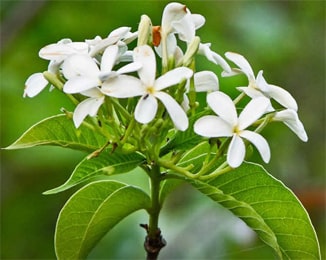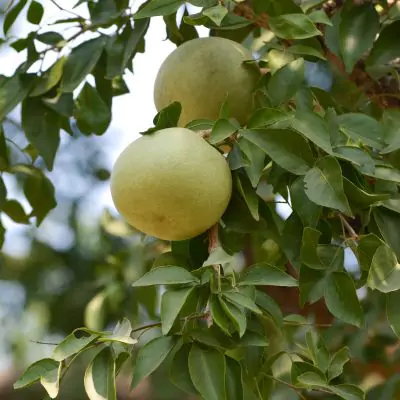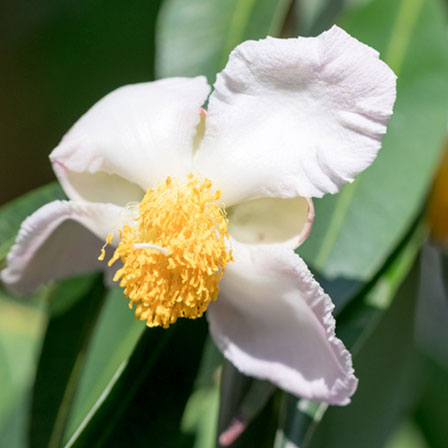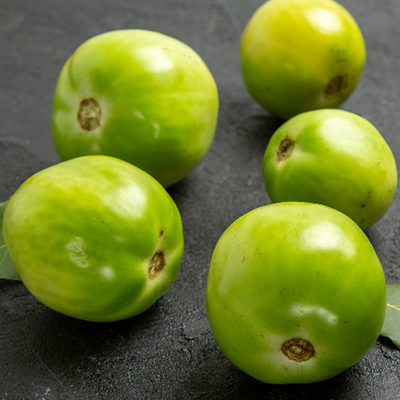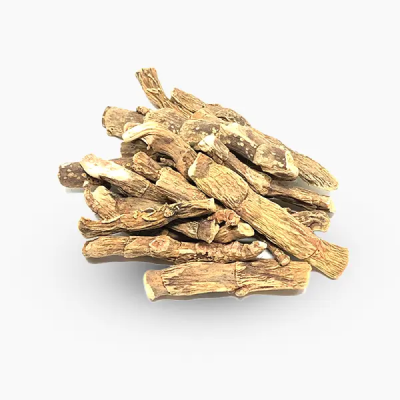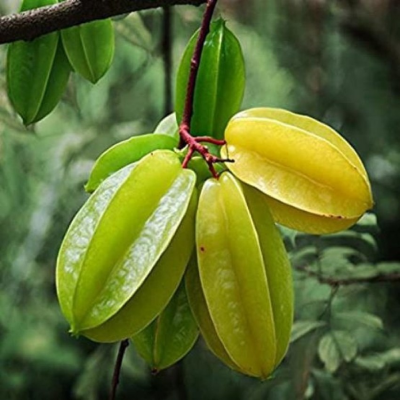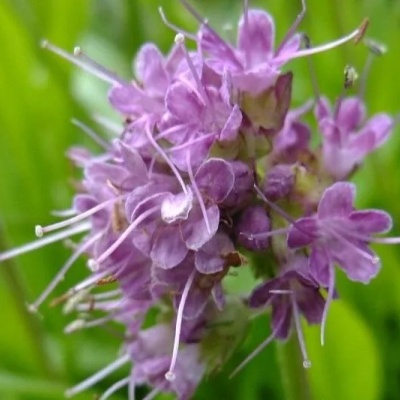Ulcerative colitis (UC) is a chronic inflammatory bowel disease (IBD) that causes inflammation and ulcers in the innermost lining of the large intestine (colon) and rectum. It is a long-term condition that leads to symptoms such as diarrhoea, abdominal pain, and bloody stools. The disease usually develops gradually and alternates between flare-ups and periods of remission.
Causes of Ulcerative Colitis
The exact cause of ulcerative colitis is not fully understood, but it is believed to result from a combination of factors:
Immune System Dysfunction:
- The immune system mistakenly attacks the cells of the large intestine, causing inflammation.
Genetic Factors:
- It often runs in families, suggesting a genetic predisposition.
Environmental Triggers:
- Stress, infections, or a poor diet may act as triggers.
Microbiome Imbalance:
- Changes in the balance of gut bacteria may contribute to inflammation.
Diet and Lifestyle:
- Diets high in processed foods, low fibre, and smoking may worsen the condition.
Stages of Ulcerative Colitis
- Mild Stage: Mild inflammation with symptoms such as occasional diarrhoea and mild abdominal discomfort.
- Moderate Stage: Increased frequency of diarrhoea (up to 6 stools a day) with blood or mucus, moderate abdominal pain, and fatigue.
- Severe Stage: Frequent diarrhoea (more than 6 stools a day), severe abdominal cramps, significant weight loss, and anaemia.
- Fulminant Stage: Rare but life-threatening, marked by severe diarrhoea, dehydration, severe bleeding, and a risk of colon rupture.
Clinical Features of Ulcerative Colitis
Digestive Symptoms:
- Persistent diarrhoea, often with blood or pus.
- Abdominal pain and cramping, especially in the lower left abdomen.
- Rectal bleeding and urgency to pass stool.
- Mucus in stools.
Systemic Symptoms:
- Fatigue and weakness.
- Loss of appetite and weight loss.
- Fever during severe flare-ups.
Extra-Intestinal Symptoms:
- Joint pain or swelling (arthritis).
- Skin rashes or ulcers.
- Eye inflammation (uveitis).
Complications of Ulcerative Colitis
- Severe Bleeding: Chronic inflammation can cause intestinal bleeding.
- Perforation of the Colon: A hole in the colon may develop in severe cases.
- Toxic Mega colon: A rare but life-threatening condition where the colon becomes dangerously enlarged.
- Increased Risk of Colon Cancer: Long-standing UC increases the risk of developing colorectal cancer.
- Nutritional Deficiencies: Malabsorption of nutrients due to chronic diarrhoea.
- Dehydration and Electrolyte Imbalance: Loss of fluids and minerals from persistent diarrhoea.
Diagnosis of Ulcerative Colitis
Medical History and Physical Examination:
- Discussion of symptoms and family history.
- Abdominal examination for tenderness.
Laboratory Tests:
- Stool tests: To check for blood, infection, or inflammation.
- Blood tests: To detect anaemia or inflammation markers.
Endoscopic Procedures:
- Colonoscopy: A camera is used to view the colon and rectum, and biopsies may be taken.
- Flexible Sigmoidoscopy: Examines only the lower part of the colon.
Imaging Tests:
- CT scans or MRI to check for complications or rule out other conditions.
Ayurvedic Perspective on Ulcerative Colitis
In Ayurveda, Ulcerative Colitis can be correlated with "Pittaja Grahani" or "Rakta Atisara", conditions involving an imbalance of Pitta Dosha and Vata Dosha.
- Pitta Dosha: Governs heat, digestion, and metabolism. Its aggravation leads to inflammation, bleeding, and burning sensations.
- Vata Dosha: When disturbed, it causes irregular bowel movements, abdominal pain, and dryness.
- Ama (Toxins): Undigested food toxins accumulate in the gut, worsening inflammation and symptoms.
Ayurvedic Treatment for Ulcerative Colitis
Ayurvedic treatment aims to:
- Balance the Doshas
- Heal and soothe the intestinal lining
- Detoxify the body and strengthen digestion.
- Improve overall immunity.
Panchakarma Therapies
- Virechana (Purgation Therapy): Removes excess Pitta from the body.
- Basti (Medicated Enemas): Herbal enemas soothe the colon and pacify Vata.
- Shirodhara: Medicated oil poured over the forehead to reduce stress and improve gut health.
Dietary Recommendations
Foods to Include:
- Warm, cooked, and easy-to-digest meals like rice porridge, soups, and khichdi.
- Buttermilk (takra) with a pinch of rock salt and cumin.
- Ghee to soothe and heal the intestinal lining.
Foods to Avoid:
- Spicy, oily, and fried foods.
- Processed foods, caffeine, and alcohol.
- Raw vegetables and heavy-to-digest foods like meat.
Hydration:
- Drink plenty of warm water or herbal teas to stay hydrated.
Lifestyle Modifications
Yoga and Pranayama:
- Yoga poses like Balasana (Child’s Pose), Pavanamuktasana (Wind-Relieving Pose), and Shavasana (Corpse Pose).
- Pranayama techniques like Anulom Vilom (alternate nostril breathing) and Sheetali (cooling breath).
Stress Management:
- Practice meditation or mindfulness to reduce stress, which can trigger flare-ups.
Regular Routine:
- Maintain consistent meal and sleep times to regulate digestion.
Herbal Remedies
Kutaja (Holarrhena antidysenterica):
Reduces diarrhea and heals the intestinal lining.
Bilva (Bael fruit):
Strengthens digestion and reduces inflammation.
Nagkesar (Mesua ferrea):
Controls bleeding and improves gut health.
Amla (Indian Gooseberry):
Rich in Vitamin C, it reduces Pitta and enhances immunity.
Vacha (Acorus calamus):
Calms Vata and improves digestive health.
Arjuna (Terminalia arjuna):
Promotes healing of ulcers and controls bleeding.
Jatamansi (Nardostachys jatamansi):
Relieves stress, which can worsen symptoms.
Ulcerative colitis is a challenging condition, but with proper management, flare-ups can be minimized, and remission achieved. Ayurveda offers a holistic approach by addressing the root causes, balancing the Doshas, and promoting long-term healing. It is essential to consult both an Ayurvedic practitioner and a medical doctor for a personalized and comprehensive treatment plan.



